How my family’s culinary traditions opened my eyes to invisible environmental threats
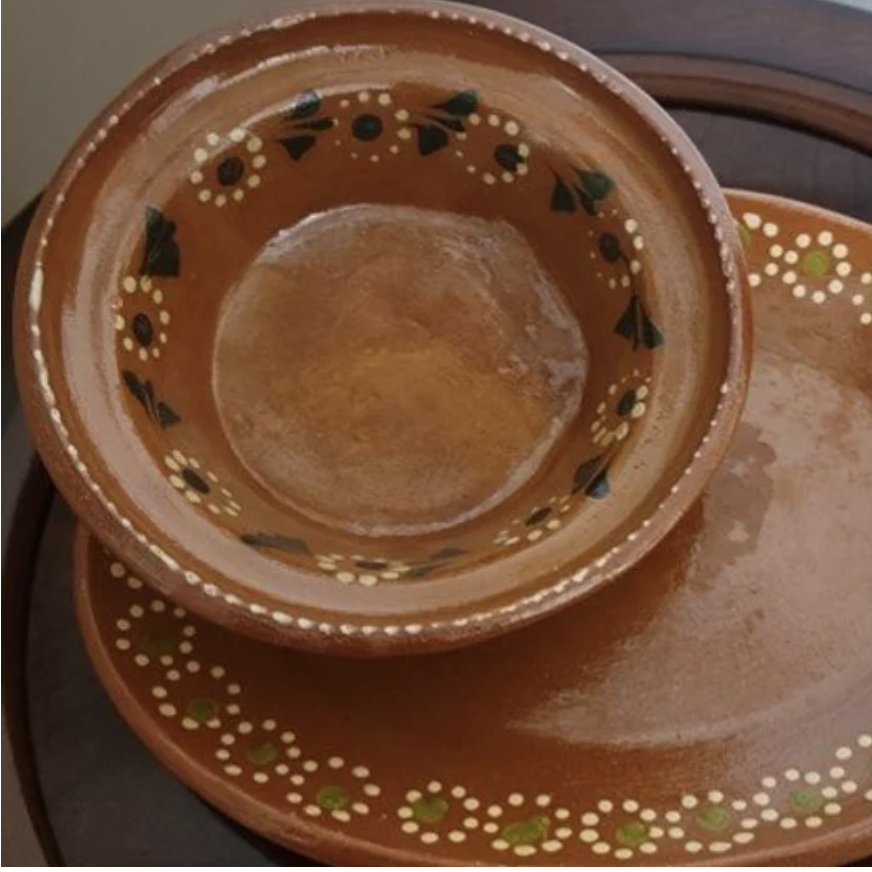
Lead-tainted clay pots like my grandmother used in Mexico underscore the need for better environmental education among healthcare professionals.
Laura Diaz, MPH
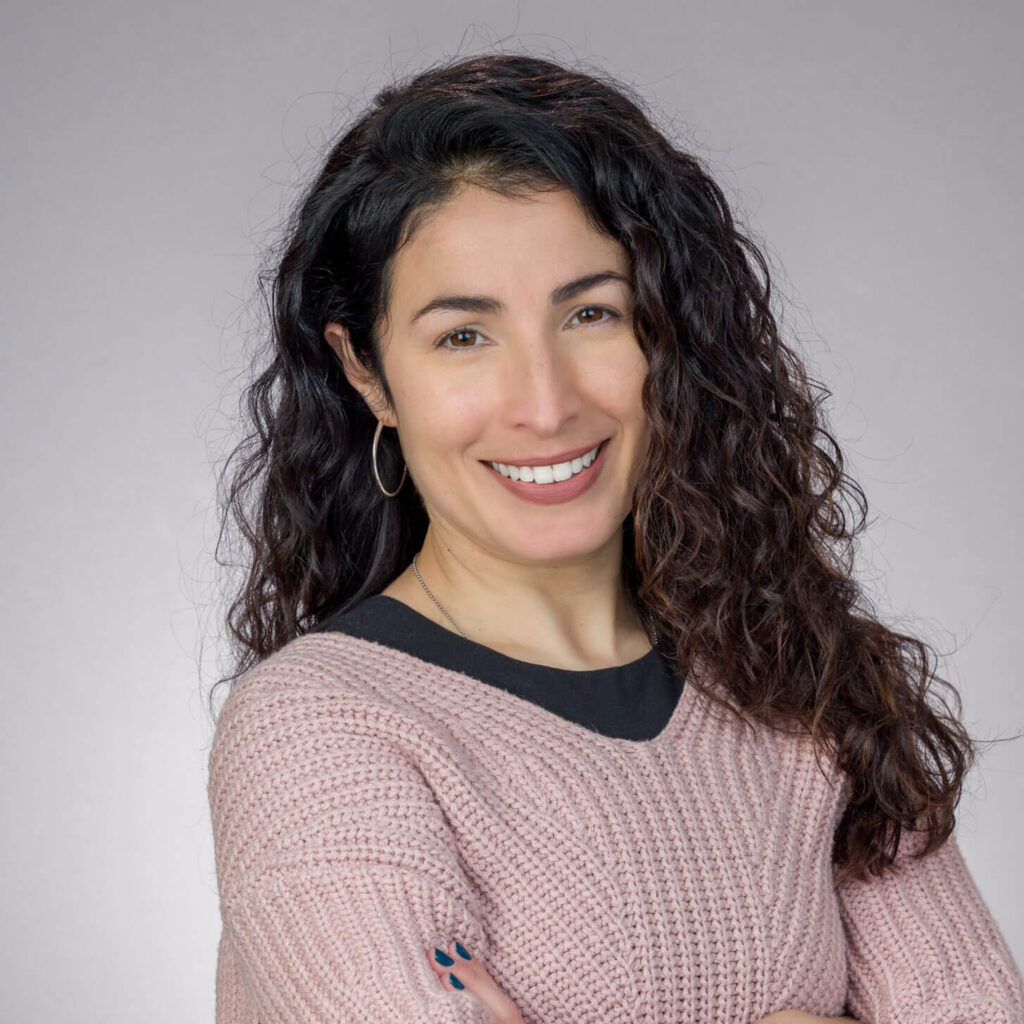
Laura is a Ph.D. student in Environmental Health Sciences at UC Berkeley where she studies how biomarkers of mitochondrial dysfunction can shed light on the underpinnings between exposure to social and environmental stressors on atopic disease among children in frontline environmental justice communities.
How to free ourselves from the scholar-activist dilemma
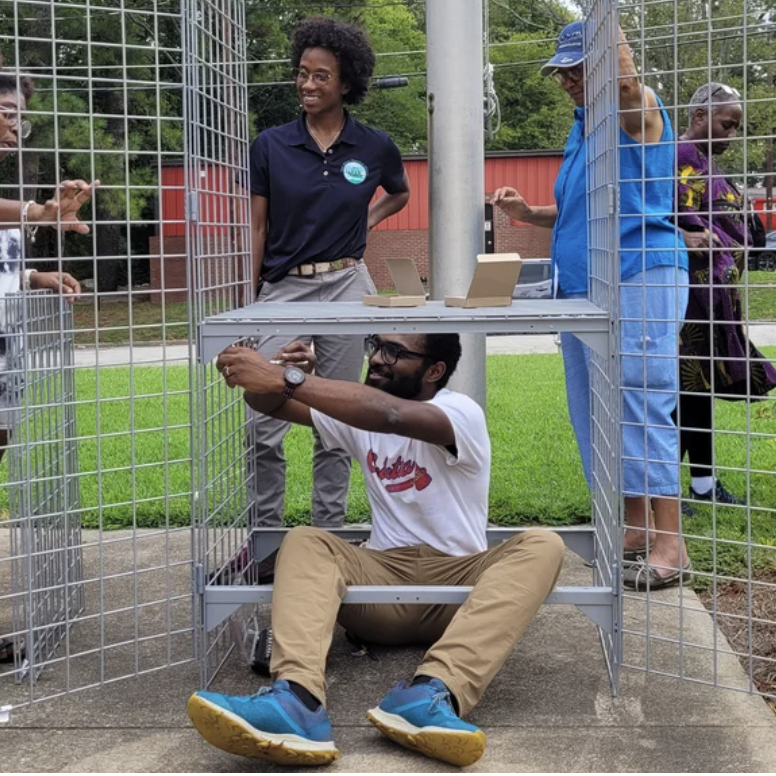
As a Black researcher from an environmental justice community, I strive to be a “scholar-activist”. But when the legacies of racism, classism and sexism are so visible in higher education, I can’t help but question if this is a realistic goal.
Protecting Indigenous children means protecting water
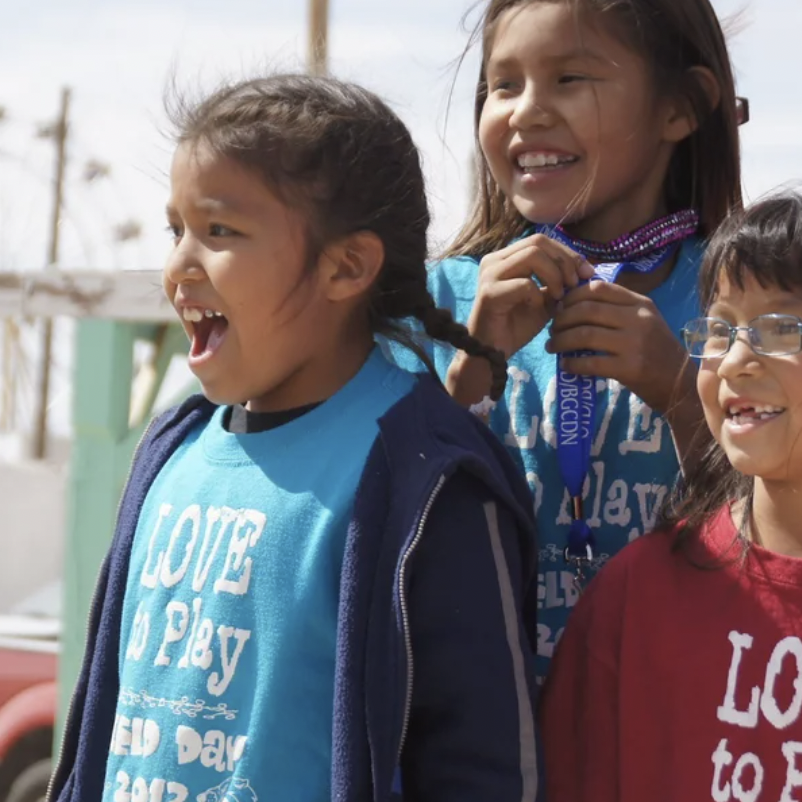
To protect Indigenous children, we need to stop compartmentalizing the environment, family and culture as separate problems.
The global food system is failing small-scale farmers — here’s how to fix it
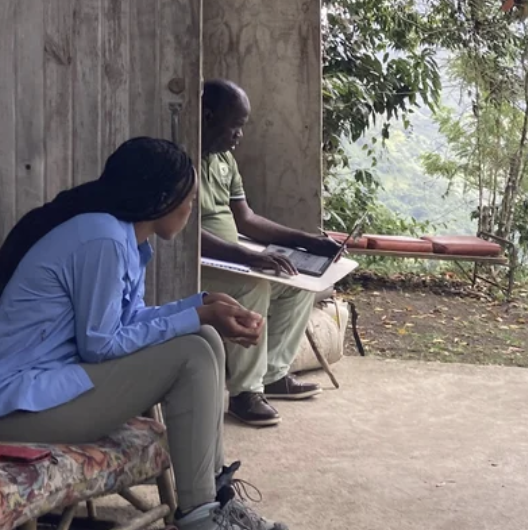
The global food system is broken. We need to produce our food in ways that give back power to those who produce, distribute and consume food.
Water injustice on display in the Southwest US
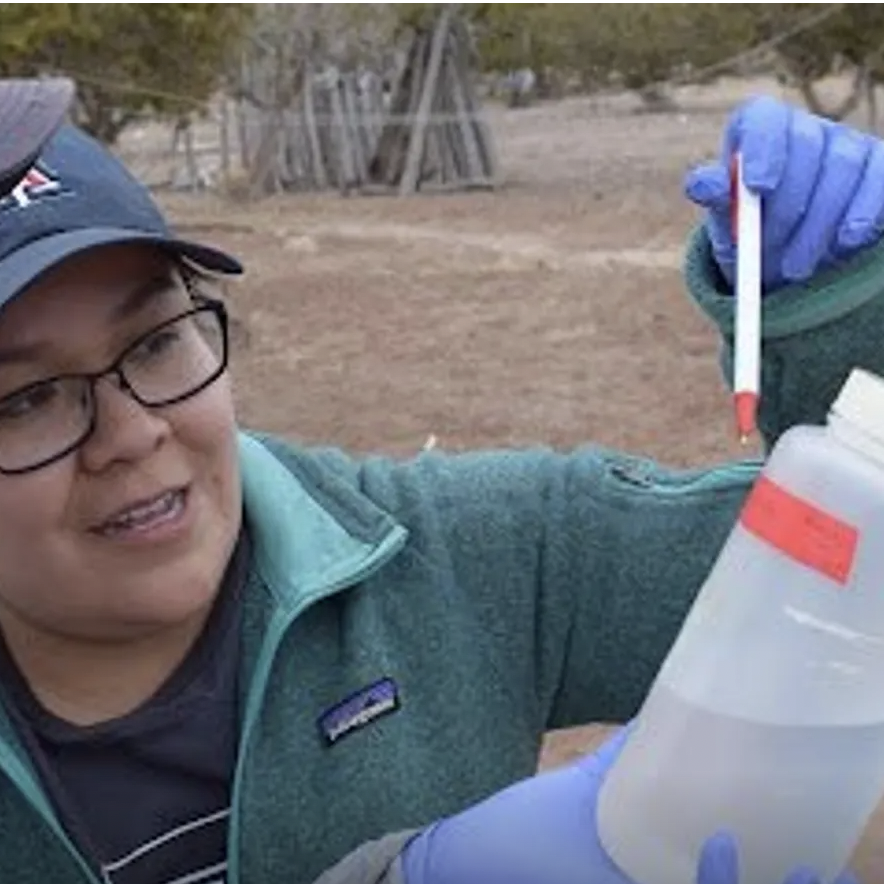
A Supreme Court ruling against the Navajo Nation is the latest blow to the tribe in a long-standing fight for water.
A love note to brown women facing beauty injustices
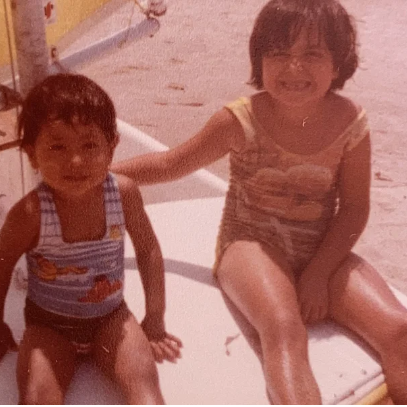
The collective definition of beauty needs to change to protect workers and women of color from toxic chemicals.
The Supreme Court’s affirmative action ruling puts climate progress and leadership in peril
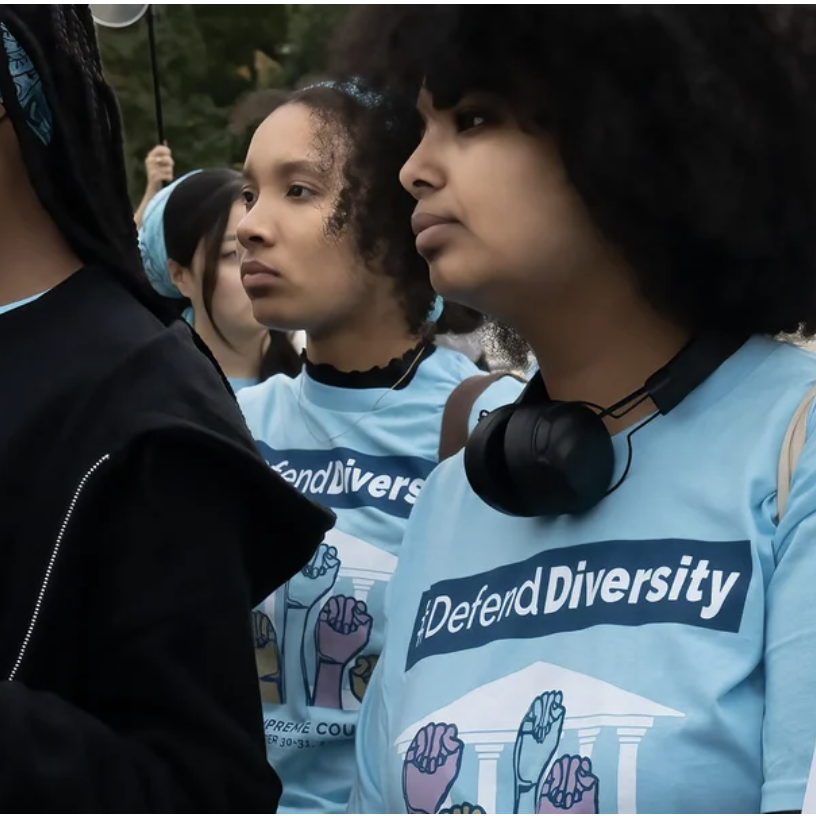
This radical reversal of social equity scaffolding poses a monumental challenge for environmental and climate justice.
Restoring our waters is restoring ourselves
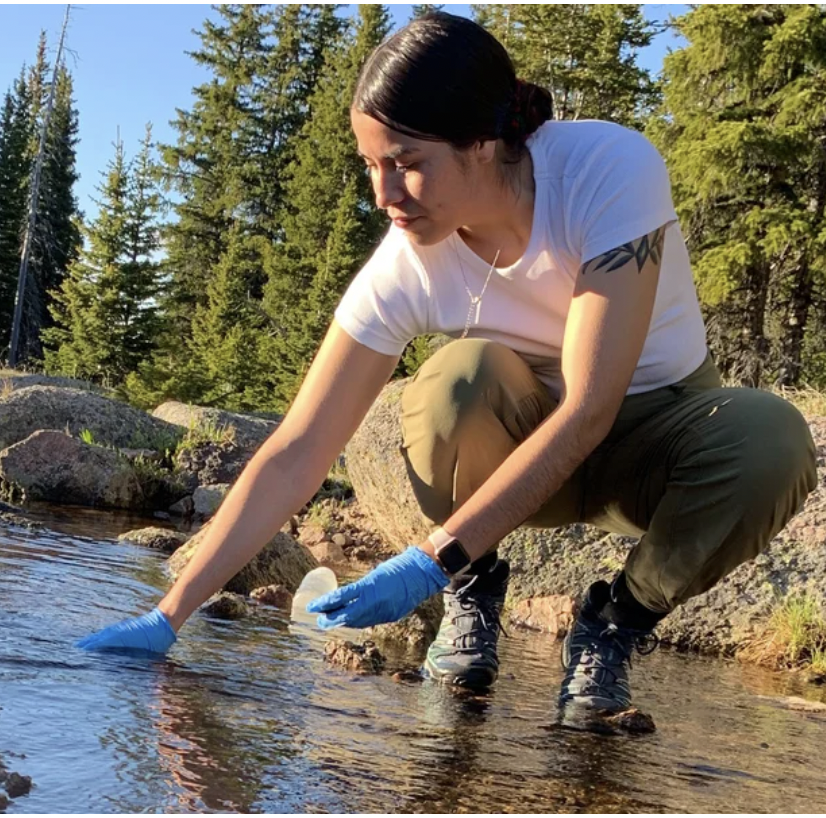
Apsáalooke researchers are working together to understand the quality of our water systems and how this poses risks to our community members and cultural practices.
Reducing soil toxics in community gardens
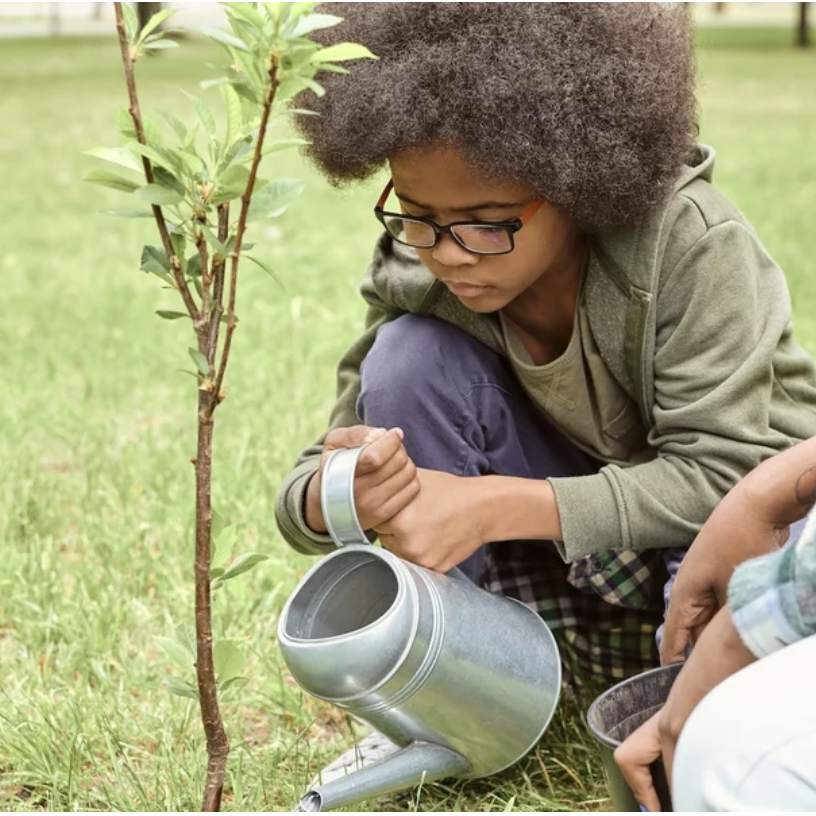
How different groups engaged in community gardens can cultivate partnerships and practices to reduce harmful chemical exposures.
It’s not just hair — fighting beauty injustice beyond the individual
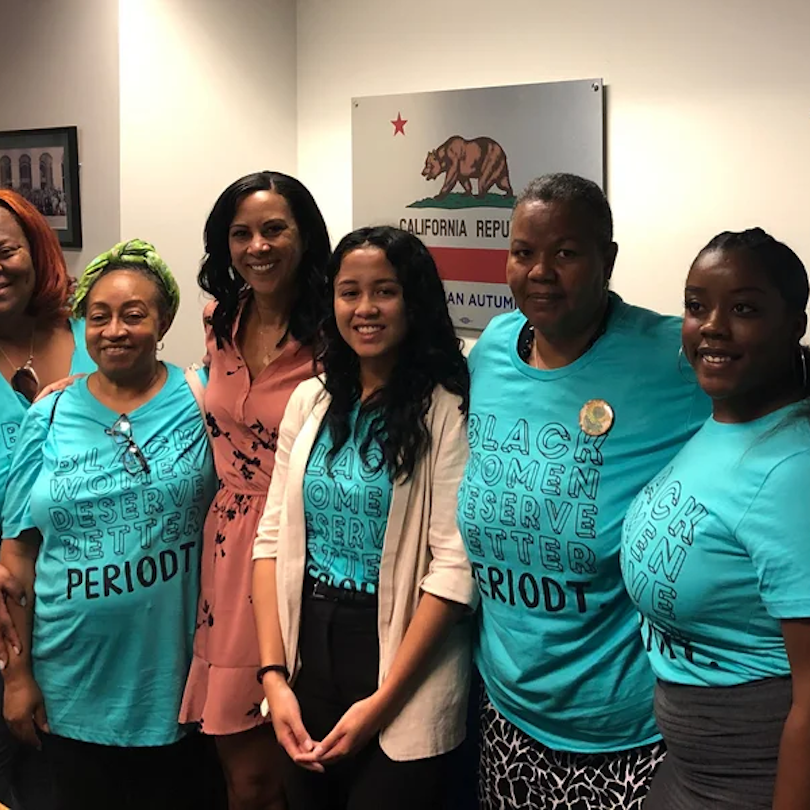
Black people are bearing the brunt of the burden of the social, economic and physical costs of beauty. We need to shift conversations, research and interventions.
Tapping into the power of community to make informal settlements healthier
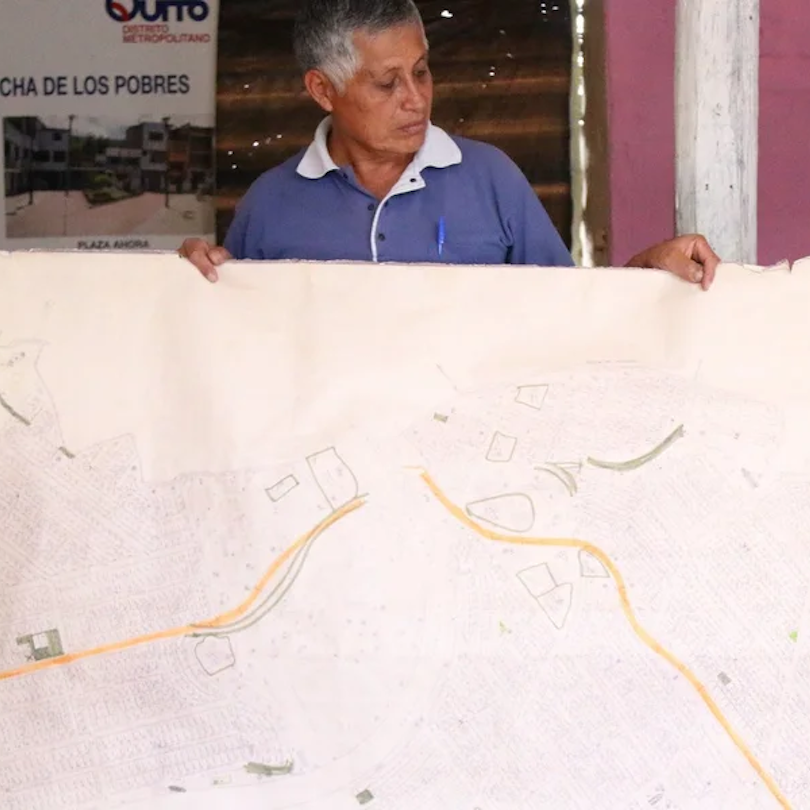
One billion people live in informal settlements in the Global South, yet these places remain largely invisible to policymakers and neglected in policy decisions.


